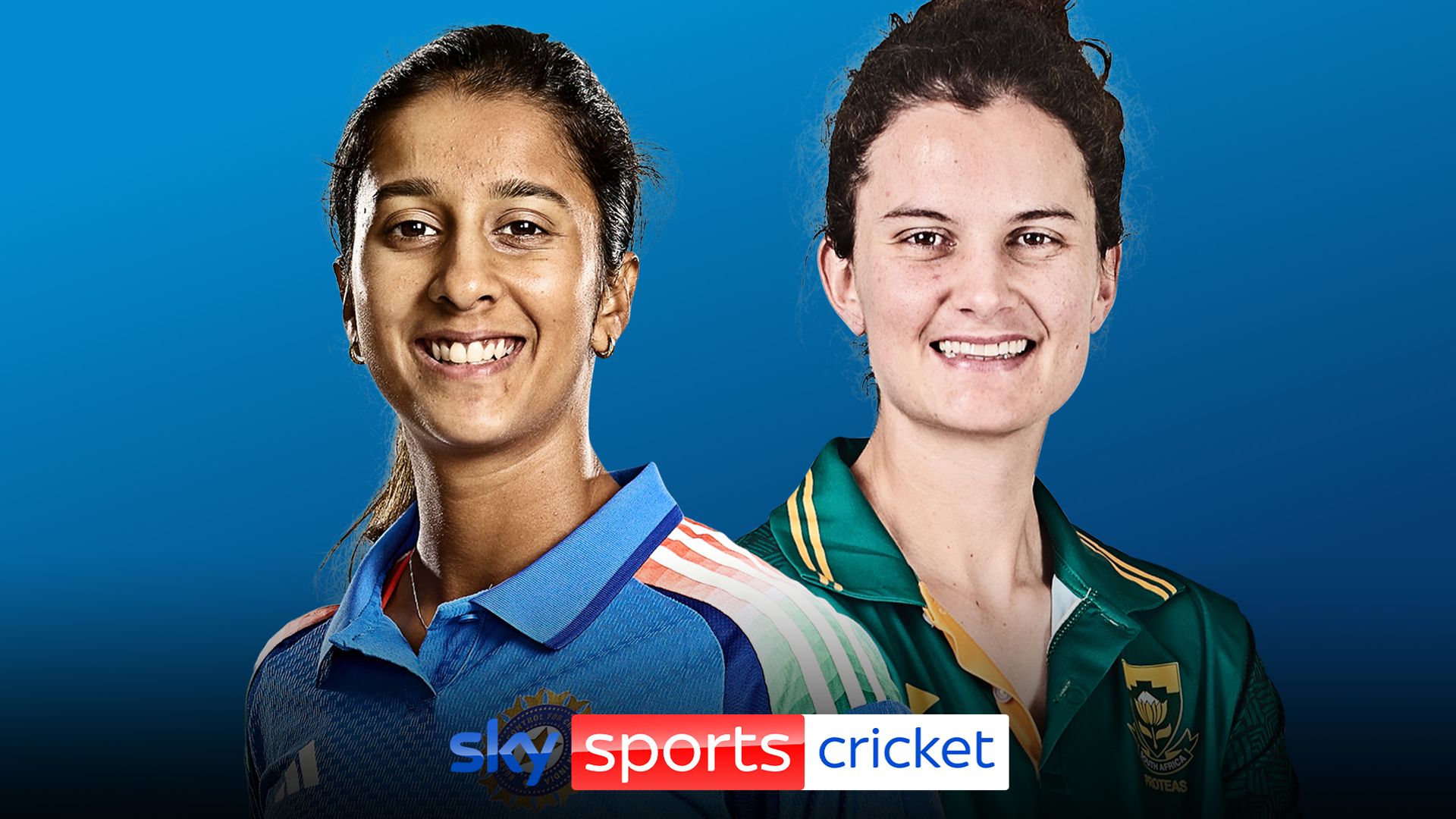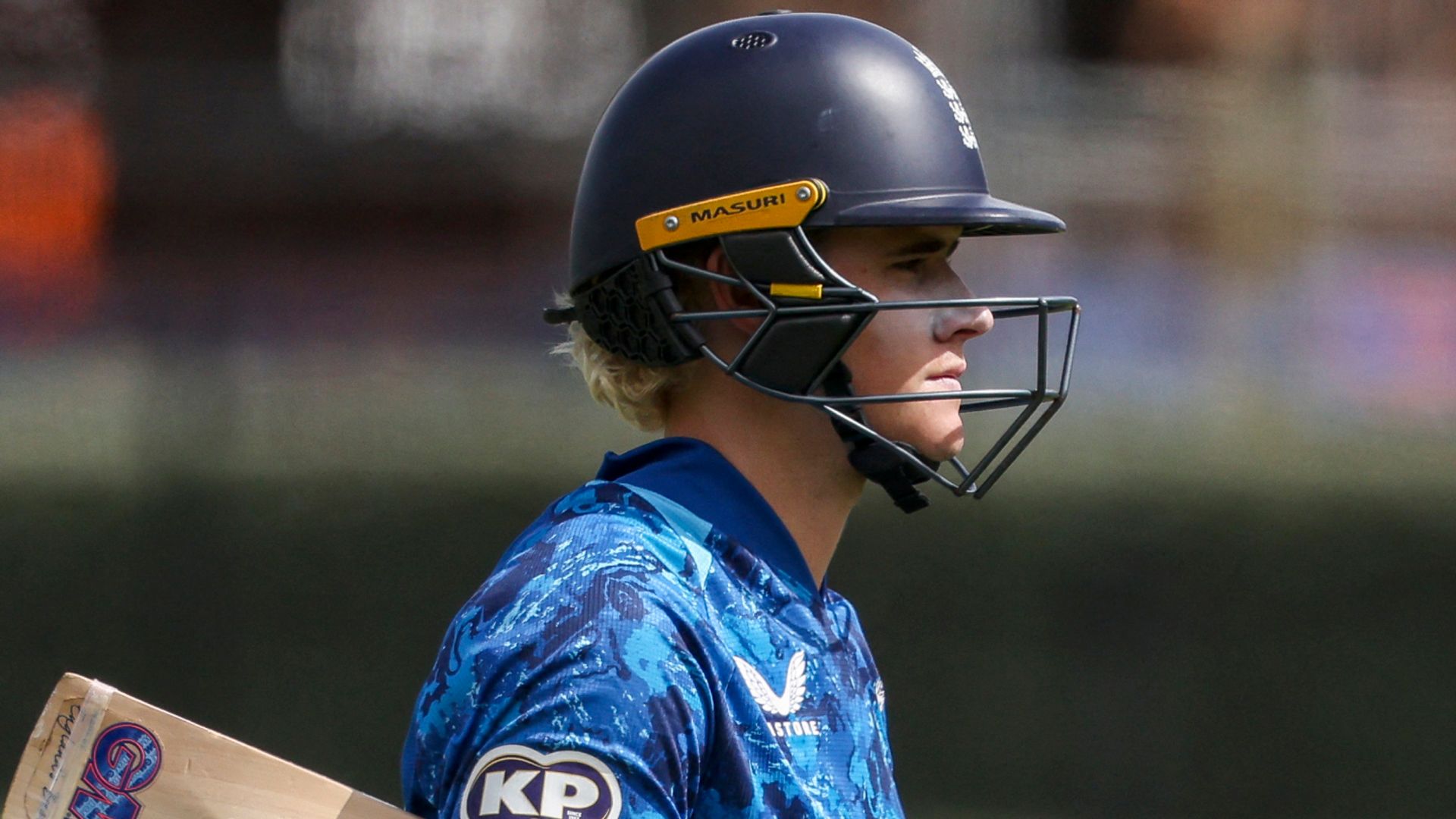India’s Quest for Supremacy Labeled as a Divisive Resurrection, While South Africa’s Underdog Spirit Faces Myriad Challenges in the World Cup Final
The stage is set for a monumental clash as India and South Africa prepare to face off in the Women’s Cricket World Cup final. This match is not just a battle for the trophy; it encapsulates narratives of resilience, national pride, and the tensions that arise when two formidable cricketing nations clash. Both teams have traversed arduous journeys to arrive at this pinnacle, each representing more than just their sporting prowess.
Historically, cricket in India has been a religion, with fervent fans, immense financial backing, and an unparalleled industry surrounding the sport. The Indian women’s team has made significant strides, moving from the shadows of their male counterparts to commanding respect and recognition on the world stage. Players like Mithali Raj and Jhulan Goswami have inspired generations, portraying women’s cricket as a serious and competitive realm. The recent evolution of the team has been marked by their ability to recover from setbacks, turning adversity into opportunity, which is encapsulated by their strong showing in the tournament thus far.
Contrastingly, South Africa’s journey has often been clouded by challenges both on and off the field. The nation has faced criticism regarding its cricketing infrastructure and the racial dynamics that affect player selection and opportunities. The South African women’s team may not yet enjoy the same financial resources or fame as their male counterparts, yet they have become a beacon of determination and fierce competitive spirit. Their journey through adversity, bolstered by a recent increase in focus on women’s cricket, has allowed the team to showcase their talent and skills on an international platform.
This final is particularly poignant, as it serves as a showcase of the broader themes of empowerment and equity in sports. On one hand, India reflects a nation that has invested extensively in women’s cricket, demanding attention and equality, while on the other, South Africa struggles to carve out its identity amidst historical legacies that view women’s sports as inferior. The world watches as these narratives collide, prompting discussions about the future of women’s cricket and the inequalities that still linger.
As both teams prepare to contest the match, the atmosphere is charged with anticipation. Players on both sides are not just playing for victory; they are representing their countries and their personal battles. This final will undoubtedly stir emotions, provoke thoughts on socio-political issues entwined with sports, and set the stage for future debates about the direction of women’s cricket globally.
In focusing on India’s massive fanbase and media presence, their journey has been further revered by the country’s sporting culture, which rallies behind its athletes, particularly during high-stakes encounters. Festivals celebrating cricket are commonplace, and women’s achievements have increasingly found a seat at the main table. However, as they step onto the pitch for the final, they must contend with the weight of expectations that accompany their status as one of the top teams.
South Africa, while having made significant strides in their women’s game, still faces an uphill battle against these narratives. They come into the final as underdogs, albeit with a fierce resolve to challenge the norm. The team’s diverse makeup is a testament to the changing landscape in South Africa, where sport has been a tool for dialogue and social change. Players like Dane van Niekerk and Shabnim Ismail have become symbols of this change, showcasing grit and a profound understanding of the socio-cultural dynamics of their country.
The discourse surrounding this match transcends just cricket, delving into issues of representation, equality, and the lasting impact of colonial structures that still influence sports today. Each boundary and wicket taken will resonate beyond the sporting arena, revealing the underlying fabric of societal values and beliefs.
As the build-up to the final intensifies, the spotlight not only shines upon the players but also casts its gaze upon the systemic issues that women in sports face globally. Whether it’s the disparity in funding compared to men’s sports, the struggle for visibility in mainstream media, or the battle for respect within the sporting community, these issues are at the forefront of the conversations sparked by this match.
On the day of the final, millions will tune in, eyes glued to screens, hearts racing in anticipation. It is a clash of fates and fortunes, and the outcomes may very well define the narratives of women’s cricket for years to come. As the match unfolds, history will not only be made in runs and wickets but in the significance of the struggles fought both on and off the field, echoing far beyond the cricketing world.




